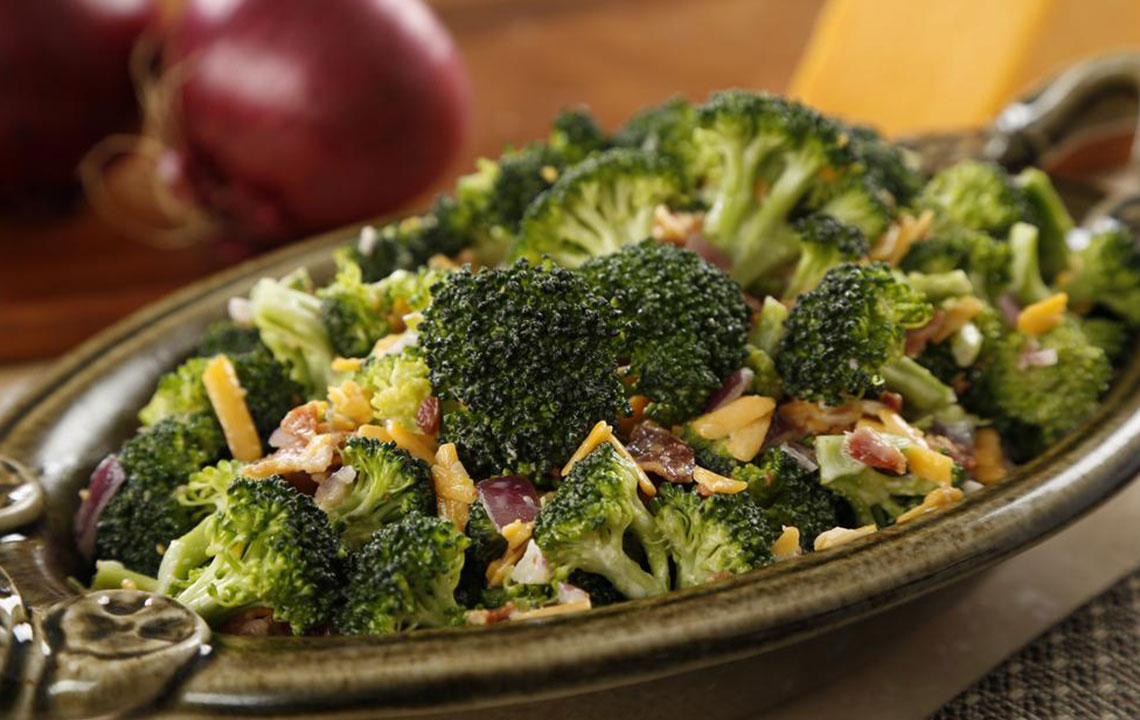Comprehensive Dietary Approaches for Effective Management of IBS Symptoms
Discover comprehensive dietary strategies for managing IBS symptoms effectively. This detailed guide explores fiber adjustments, gluten-free options, elimination diets, and low-fat foods to help reduce discomfort, improve gut health, and enhance quality of life. Tailored to individual needs, these approaches aim to empower IBS sufferers with practical nutrition tips for better health.

Comprehensive Dietary Approaches for Effective Management of IBS Symptoms
Ashidden among the numerous digestive disorders, Irritable Bowel Syndrome (IBS) significantly impacts the daily lives of millions worldwide. Characterized by persistent gastrointestinal discomfort, IBS manifests through a variety of symptoms including irregular bowel habits, ranging from constipation to diarrhea, accompanied by abdominal pain and cramping. While pharmacological treatments and lifestyle modifications are essential components in managing this condition, an often overlooked but vital aspect is diet. Proper dietary strategies can dramatically reduce symptoms, improve quality of life, and help patients regain control over their digestive health.
Adopting tailored dietary habits can lead to a significant reduction in IBS symptoms. The key is in understanding which foods to incorporate and which to avoid, based on individual tolerance and response. Experts emphasize the importance of a personalized approach, often combining various dietary modifications like fiber adjustments, adopting gluten-free options, and implementing elimination diets. These methods aim to soothe the digestive system, minimize triggers, and promote overall gut health.
Enhancing Digestive Health with Adequate Fiber Intake
One of the foundational elements of a gut-friendly diet for IBS patients is optimizing fiber intake. Fiber not only supports regular bowel movements but also enhances gut motility and overall digestive comfort. Incorporating plant-based foods such as vegetables, fruits, and whole grains can provide the necessary fiber, but it's crucial to tailor intake to individual tolerance levels.
Adults are generally encouraged to consume between 20 and 35 grams of fiber daily, but many with IBS experience bloating and discomfort when increasing fiber intake too rapidly. In such cases, soluble fibers — found in oats, apples, carrots, and psyllium — are gentler on the stomach and can be introduced gradually. These fibers dissolve in water, forming gels that soothe the gut and ease bowel movements. On the other hand, insoluble fibers, present in foods like nuts, seeds, and certain whole grains, can aggravate symptoms for some individuals and may need to be limited.
Managing Diarrhea with a Low-Fiber Diet
For IBS sufferers experiencing frequent episodes of diarrhea, a different approach to fiber intake is necessary. While fiber is essential for overall gut health, excessive consumption, especially of insoluble fiber, can worsen diarrhea symptoms by accelerating intestinal transit. Therefore, a low-fiber, easily digestible diet can be beneficial during flare-ups.
Foods like bananas, cooked vegetables, white rice, and well-cooked oats are often better tolerated. Additionally, soluble fiber sources such as peeled apples and berries (like strawberries and blueberries) can help absorb excess water in the intestines, reducing stool frequency. It's advisable to avoid foods high in insoluble fiber like raw vegetables, nuts, seeds, and certain cereals, which can trigger or worsen diarrhea. Under medical supervision, medications may also be incorporated to control symptoms more effectively.
Adopting a Gluten-Free Diet for Symptom Relief
Gluten sensitivity and intolerance often exacerbate IBS symptoms, especially in individuals with coeliac disease or gluten sensitivity. Gluten, a protein found in wheat, barley, and rye, can irritate the intestinal lining and trigger inflammation, leading to bloating, pain, and irregular bowel habits.
Eliminating gluten from the diet — by choosing gluten-free alternatives such as rice, corn, quinoa, and certified gluten-free products — can significantly reduce discomfort and improve digestive function. The market now offers a vast array of gluten-free bread, pasta, cereals, and snacks, making this dietary change more accessible than ever. For suspected gluten sensitivity, it's essential to undertake this transition under the supervision of a healthcare professional to prevent nutritional deficiencies and ensure proper diagnosis.
Elimination Diet: Personalized Food Sensitivity Testing
An elimination diet is a systematic approach that involves removing suspected trigger foods from the diet for a period of approximately 12 weeks. This process helps identify specific foods that worsen IBS symptoms, allowing for personalized dietary modifications.
Common culprits include nuts, chocolate, high-fat foods, caffeine, and certain types of dairy. During the elimination phase, individuals strictly exclude these items while monitoring symptoms. After the elimination period, foods are gradually reintroduced one at a time to observe tolerance levels. This method requires patience and careful tracking but provides valuable insights into personal triggers, enabling better long-term management of the condition.
Reducing Fat Intake to Alleviate Symptoms
Dietary fat has a notable impact on IBS symptoms, particularly in individuals prone to constipation. High-fat foods tend to slow gastric emptying and can lead to bloating, cramping, and irregular bowel movements. Conversely, a low-fat diet supports smoother digestion and minimizes discomfort.
It is recommended to favor lean proteins, such as chicken, fish, and plant-based sources, and to limit fried foods, processed snacks, and high-fat desserts. Emphasizing low-fat cooking methods like baking, steaming, or grilling can further reduce fat intake without sacrificing flavor. This dietary adjustment not only assists with symptom control but also promotes overall health and weight management.
In conclusion, managing IBS symptoms through diet requires a comprehensive and individualized approach. Combining strategies such as fiber management, gluten avoidance, elimination diets, and fat reduction can lead to significant improvements. Patients should work closely with healthcare professionals or registered dietitians to develop a tailored plan that addresses their specific triggers and tolerances. Lifestyle modifications, along with dietary changes, form the backbone of effective IBS management, empowering individuals to lead healthier, symptom-free lives.





